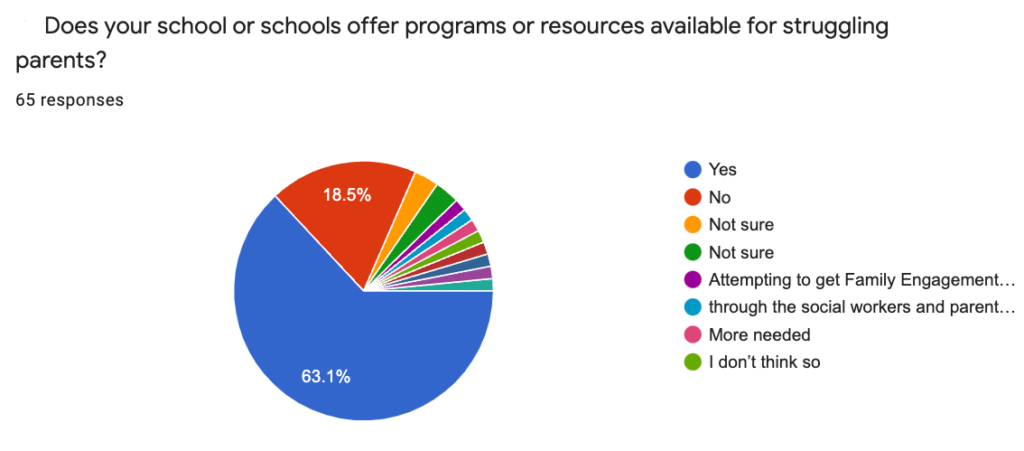West Virginia’s children and adolescents experience some of the highest poverty rates in the country. With the highest rate of neonatal abstinence syndrome in the country, we know that some have faced adversity from the beginning. Some have experienced familial substance use disorder. And many have experienced significant trauma, which greatly impacts their ability to learn.
This year, Think Kids has received a grant from UniCare Health Plan of West Virginia to study trauma-informed schools in our state. We know that many counties are committed to ensuring that their schools are safe, welcoming places where all students can thrive and have the support and resources they need to be successful.
Where are these school systems? What are their success stories and challenges? How can we advocate for policies to promote and advance their work? That’s what we’re working to find out.
Project Updates
We appreciate the continued support of students from West Virginia University who have worked with us on this project. Read the latest blog post from a great group of undergraduates in the Social Work Program at West Virginia University, Schools around the state should develop a seamless practice in helping children affected by trauma


Many thanks to those who joined us for community events in Morgantown and Martinsburg. Keep an eye out for our project’s final report, which will include recaps of the conversations from these events and recommendations for improving the trauma-informed schools model in our state, at the end of the year.
What do you know about trauma-informed schools in West Virginia? In March, we spoke with panelists from around the state to discuss the model across the state.
Panelists:
Felicia L. Bush- Founder & CEO, Harmony Mental Health;
Kelly Mordecki- Coordinator, WVDE Office Special Programs;
Ana Villabona- WVU School of Public Health;
Delegate Lisa Zukoff- District 4 in the WV House of Delegates

WVU School of Public Health undergraduate, Ana Villabona, joined us for the spring semester to survey public school staff across the state to learn more about trauma-informed responses in our public schools.




0 Comments